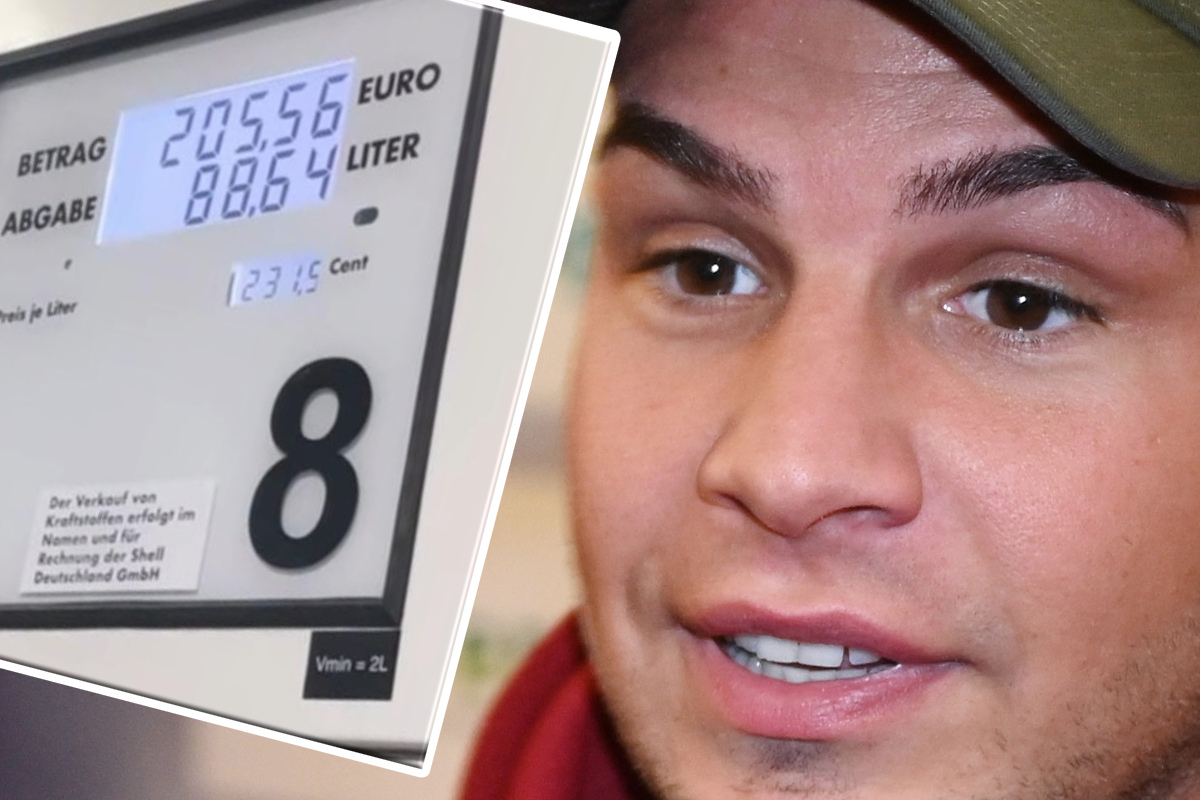Buying a home can be a daunting process, and it’s not necessarily as simple as finding a home you like and offering enough money for a down payment. There are costs and expenses you may not have considered, such as closing costs, appraisals, inspections and more. Before making an offer on a home you are considering buying, you need to know how much you can borrow. There are a variety of loan programs, with different requirements and interest rates. If you are considering borrowing money to buy a home, you need to understand the different options available to you and their requirements. Read on to learn more about how much you can borrow for a home purchase, as well as the closing costs associated with each type of loan.
What is the maximum loan amount for the purchase of a house?
In the case of a traditional mortgage loan, the maximum loan amount for the purchase of a home depends on the size of the down payment. If you plan to put down a 20% down payment on your home, the maximum loan amount will be $417,000. On the other hand, if you expect a down payment of 10% or less, the maximum loan amount is limited to $625,000.
Conventional loans
A conventional loan is one of the most common types of loans for home buyers. It’s a fixed rate mortgage with the same terms regardless of your credit rating. To be eligible for this type of loan, you must have a good credit score and sufficient income. You can borrow up to 97% of the value of the house, provided you meet these criteria.
FHA Loans
One of the most popular loan programs for first-time buyers is the FHA loan. The Federal Housing Administration provides this type of loan and requires a down payment of 3.5%. The borrower must also have at least 10% equity in the home, which can be saved or donated.
The advantage of the FHA loan is that it is accessible to borrowers who cannot make as large a down payment as other types of loans require. However, if you are buying a home in an area with high property values, you may not qualify for an FHA loan because the minimum down payment required will be less than 10%. And while the interest rate on an FHA loan is generally lower than rates for other loans, mortgage insurance premiums are significantly higher than for other loans.
VA loans for veterans
If you are a veteran, VA loans may be an option for you. These loans offer competitive rates and require no down payment. Also, VA loans don’t require mortgage insurance payments, which means you’ll save on your monthly payments. The VA offers a variety of loan programs for veterans looking to buy their first home or upgrade to a larger home. If you’re a veteran looking to buy or improve your first home, it’s worth exploring the different types of VA loan options.
Mortgage insurance
Mortgage insurance is an optional but important product that can reduce your monthly mortgage payment by a significant amount. It protects the lender in case of loan default. Mortgage insurance is available for borrowers with a down payment of less than 20% and may be required by the lender. Mortgage insurance isn’t for everyone, so ask a real estate professional if it’s right for you.
Mortgage refinancing
Refinancing a mortgage is a great way to lower your monthly mortgage payments, and it can also help you get a lower interest rate. Benefits of refinancing include increasing the equity in your home, which makes you more attractive for other types of loans, and the ability to use the new lower interest rate on other debts. that you might have. The refinancing process is not as simple as contacting your lender and asking them to refinance your mortgage. You need to know some important details before making this decision to make sure it’s a good idea.
When should you buy a new home?
It can be difficult to know when you should buy a new home. If you are unsure, some factors can help you make a decision. This includes taking into account the condition of your current home. If it is in good condition and no major repairs are needed, refinancing may be a good option for you. This would allow you to take advantage of historically low interest rates and reduce your monthly mortgage payment. On the other hand, if your house needs a lot of work, or if you are planning to move anyway, buying a new home might be the best solution for you.
Conclusion
Buying a home is one of the most important purchases you will make in your life. As a new owner, you must make significant financial commitments. It is therefore important to prepare for the purchase and understand the process.
To help you get started, this guide covers the basics of buying and selling a home. You will learn about the different loan options available to you, how to assess your financial situation and how to choose a mortgage loan that meets your needs.
We hope this guide helps you get started on the road to home ownership!
–


